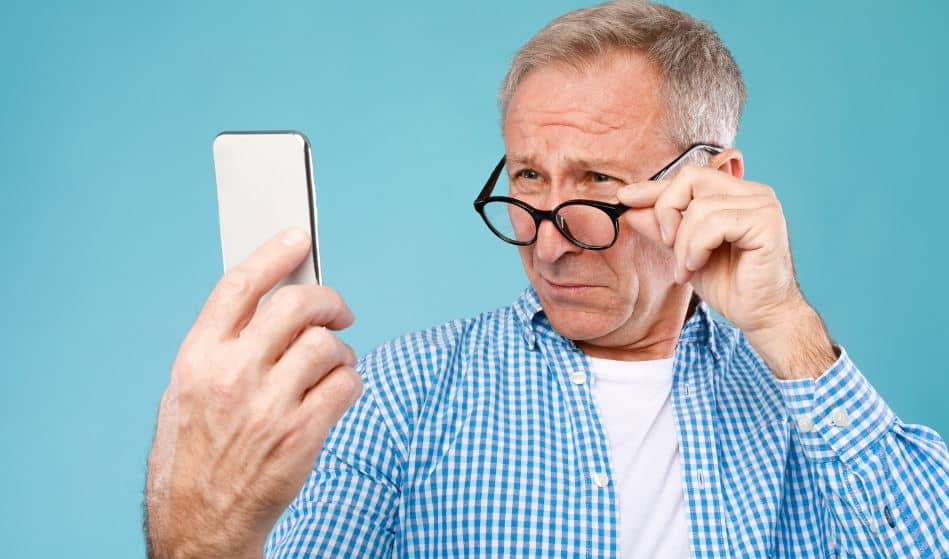Falls pose a significant risk, leading to severe injuries, reduced quality of life, and even fatalities. According to the U.S. Centers for Disease Control, approximately 1 in 4 individuals aged 65 and above experience a fall each year. In fact, falls are the primary cause of both fatal and non-fatal trauma-related hospital admissions among older adults in the United States. Moreover, the economic burden associated with treating fall-related injuries is estimated to reach a staggering $67 billion by 2020.
The consequences of a fall, as evident from these statistics, encompass physical, mental, and emotional costs for all parties involved. Consequently, the most effective approach to mitigating the impact of falls is by preventing them altogether. Older individuals, who are particularly vulnerable to injurious falls, often contend with various health conditions that can contribute to balance issues or dizziness.
These health comorbidities include but are not limited to orthopedic abnormalities, side effects of medications, deconditioning, vestibular disorders, and visual impairments. Addressing and managing these conditions can be challenging or even infeasible in some cases. Furthermore, even with successful treatment of the underlying health condition, individuals may experience lingering symptoms that result in dizziness or imbalance.
Prevention is key when it comes to fall mitigation. By proactively addressing risk factors and implementing strategies to enhance balance and stability, individuals can significantly reduce their susceptibility to falls. It is essential to take a comprehensive approach, including regular physical activity, optimizing medication management, addressing visual impairments, and making necessary environmental modifications to ensure safety.
By prioritizing fall prevention and addressing the underlying health conditions that contribute to imbalance and dizziness, we can strive to minimize the physical, emotional, and economic toll associated with falls. It is crucial to provide appropriate education, resources, and support to older adults and their caregivers to promote a safe and secure environment that reduces the risk of falls and promotes overall well-being.
Falls related to the use of multifocal lenses
Recent literature in the British Medical Journal showed that the use of multifocal lenses in older individuals increases risk of falling. This study included 606 individuals who utilized multifocal lenses, were 65 years of age or older and were at an increased fall risk. Half of the participants were prescribed single, monofocal lenses while the other half continued to utilize their bifocal lenses.
The researchers switched half of the individuals to single lens glasses while walking, navigating rough or uneven ground, going up and down stairs, and while entering/ exiting public transportation. The results showed an 8% overall reduction in falls for the individuals utilizing the single lenses, which was found to be statistically insignificant.
The largest difference was an observed 38% to 40% reduction in falls for individuals that regularly engaged in outdoor activities. Those who only occasionally participated in activities outside the home and were switched to single lenses actually had a slightly higher risk of falling.
It is unclear exactly why this would happen, but one can speculate that those individuals who are less physically active outside the home may already be at a greater risk for falls due to frailty or a number of other causes. Also, those who are less active may be less able to adapt to new lenses, resulting in a slight increase in falls risk.
Based on the results of this study, older individuals who are regularly active outside of the home would likely benefit from having glasses with single lenses only rather than multifocal lenses. Those that are only mildly active or rarely leave their home should continue with the lenses they have as long as they are correctly fit for their visual needs.
Why would glasses effect ones balance?
As humans, we utilize three main senses for maintenance of equilibrium: vision, somatosensation (sense of touch), and vestibular (inner ear) inputs. These are integrated at the level of the brain for reflexive postural control in order to maintain an upright posture.
Anything that impacts these senses or reduces the brains ability to integrate this information can adversely impact ones balance.
What can be done?
There are many things that can be done to reduce one’s risk of falling but correctly fit glasses are an often overlooked and incredibly simple change that can help. General recommendations from recent literature would suggest that the use of single lenses in ones glasses rather than multifocal lenses for older adults who are active outside of the home may be beneficial in reducing fall risk.
Older individuals who are only minimally active outside of their homes and utilize multifocal lenses are less likely to benefit from a change to mono-focal lenses.
Also, large changes in one’s magnification and/or switching styles of lenses (going from single lenses to bifocal lenses) for individuals who have multiple fall risk factors should be avoided if possible. Appropriate counseling on potential hazards for tripping should be discussed with any change in one’s lens prescription in attempt to further reduce fall risk.
The biggest drawback to mono-focal lenses is that an individual may require more than one pair of glasses- one pair to be utilized while ambulating and another for reading. This seems a simple price to pay to reduce one’s risk of a potentially injurious fall.








My own cases of falling turned out to be due to the blood pressure medication I was on (Lisinopril). My wife and I live in Central California, but over the 4th of July we visited our son and his wife for one week in Kentucky. Just before we returned to California my daughter-in-law mentioned to me that her mother’s falls were due to her blood pressure medication. Therefore back in California, I did a web search for “Lisinopril and falling” and a very significant number of hits resulted. So I stopped taking it immediately and told my doctor about it. He approved of my stopping the medication and I have suffered only one incident since then.